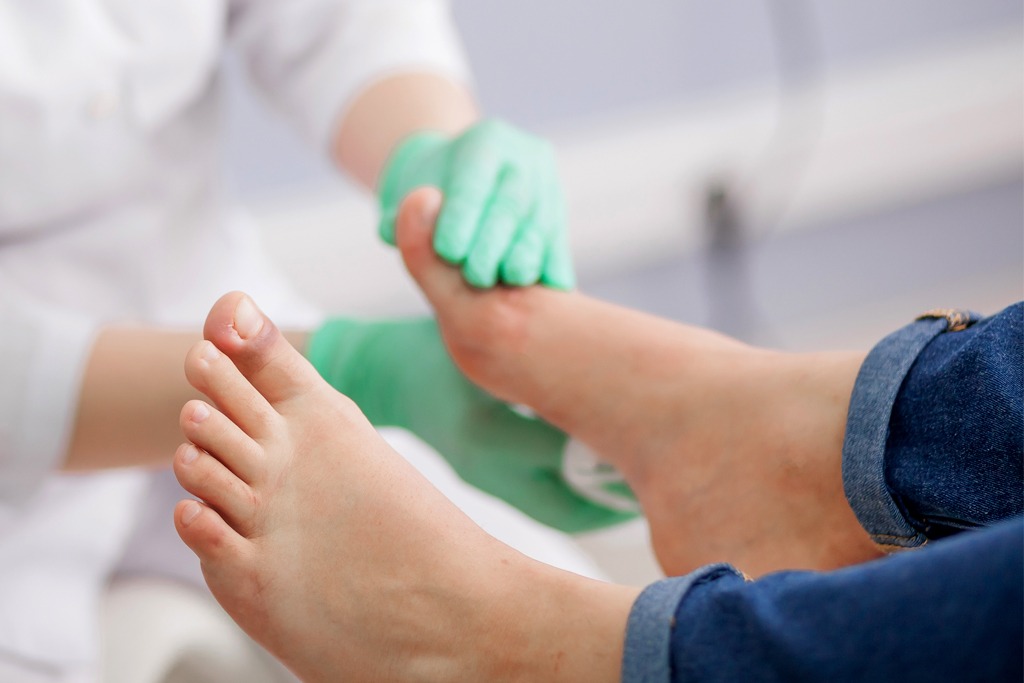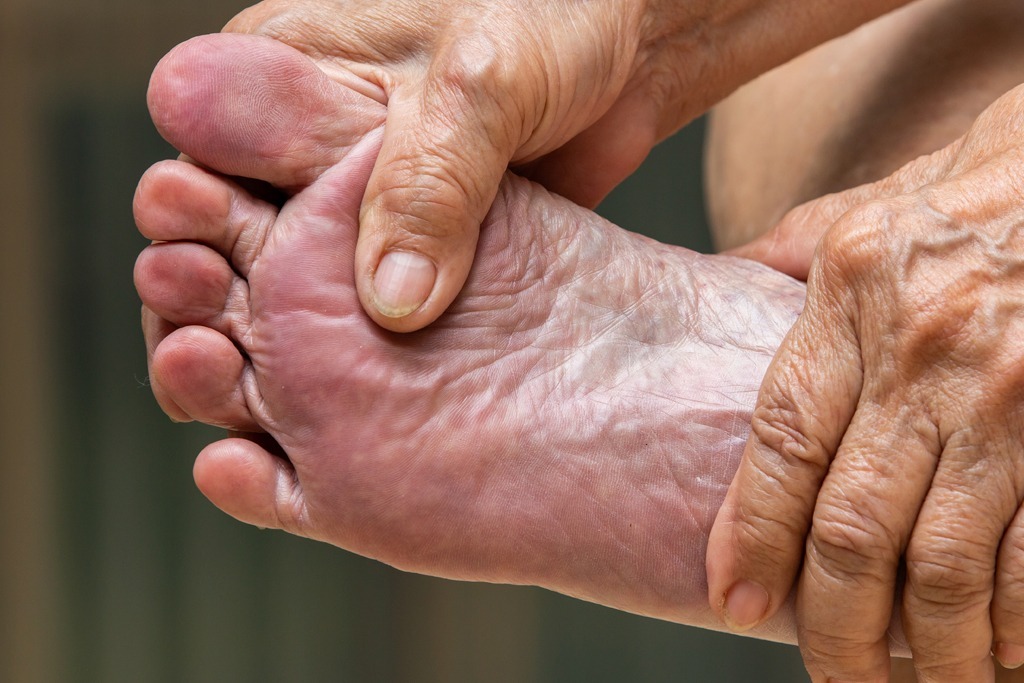
How Dr. Manson Helps Patients With Diabetes
Dr. Manson in Portland is specially trained to treat problems of the lower legs and feet. He is extremely familiar with diabetes foot complications and understands how small issues can turn into serious problems. Dr. Manson can often spot subtle signs of trouble and quickly treat infections and sores to prevent dangerous complications. As part of your care team, Dr. Manson can also teach you how to check your feet and take care of them at home. For people with diabetes, having Dr. Manson as part of your healthcare team may reduce the risk of amputation and other serious complications.
Why you should have Dr. Manson and OIFC on your diabetes care team
Taking care of your feet is the cornerstone of living well with diabetes. Nearly 70% of lower limbs that are amputated each year in the United States are lost due to diabetes complications. When you have diabetes, you’re at an increased risk of complications that affect your feet. That’s why it’s important to partner with Dr. Manson and Oregon Institute of Foot Care as part of your diabetes care team.
Diabetes Related Nerve Damage Endangers Your Feet
Keeping your blood sugar well-controlled is a vital part of protecting your feet from potentially dangerous complications. That’s because high blood sugar can damage your nerves, reducing their ability to send the appropriate signals to your brain.
Diabetic nerve damage, known as neuropathy, commonly affects the nerves in the legs and feet. When your body has trouble interpreting signals sent from your nerves to your brain, you can lose some sensation in your extremities, particularly your legs and feet.
Signs of diabetic neuropathy to look out for:
- Tingling sensations
- Numbness
- Reduced pain sensation
- Sharp pains
- Ulcers
- Reduced sense of temperature changes
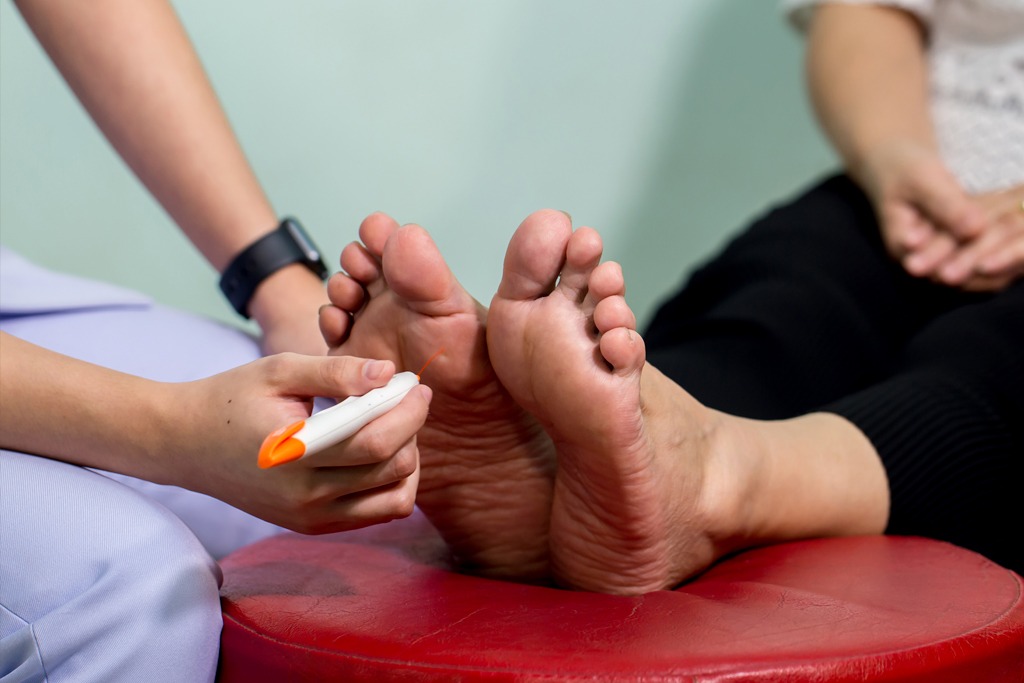
Diabetes Related Circulation Problems Harm Your Feet
PAD makes it harder for wounds to heal. This means if you bump or bruise your foot or a toe, a minor sore can take much longer than normal to fully heal, leaving you vulnerable to infection. Slow wound healing coupled with reduced circulation can raise the risk of tissue death. In severe cases, amputation is necessary.
Tell Dr. Manson during your appointment if you experience these symptoms of PAD:
- Mild to severe leg pain
- Changes in leg color
- Lower extremity sores
- Leg weakness
- Leg cramping
- Shiny skin on legs
Related Procedures
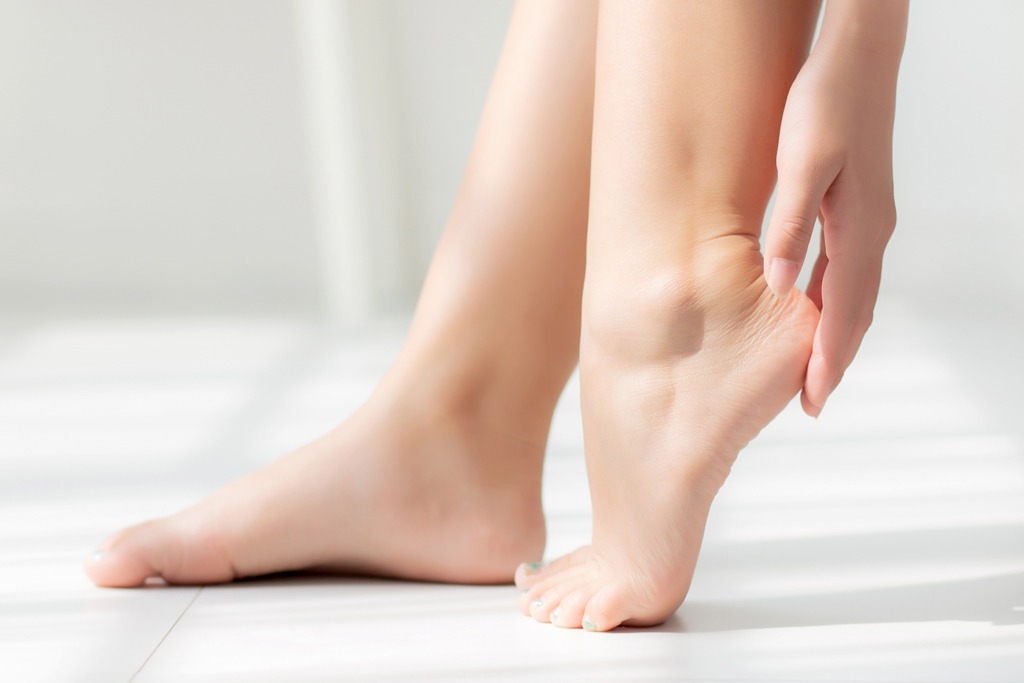
Heel Pain
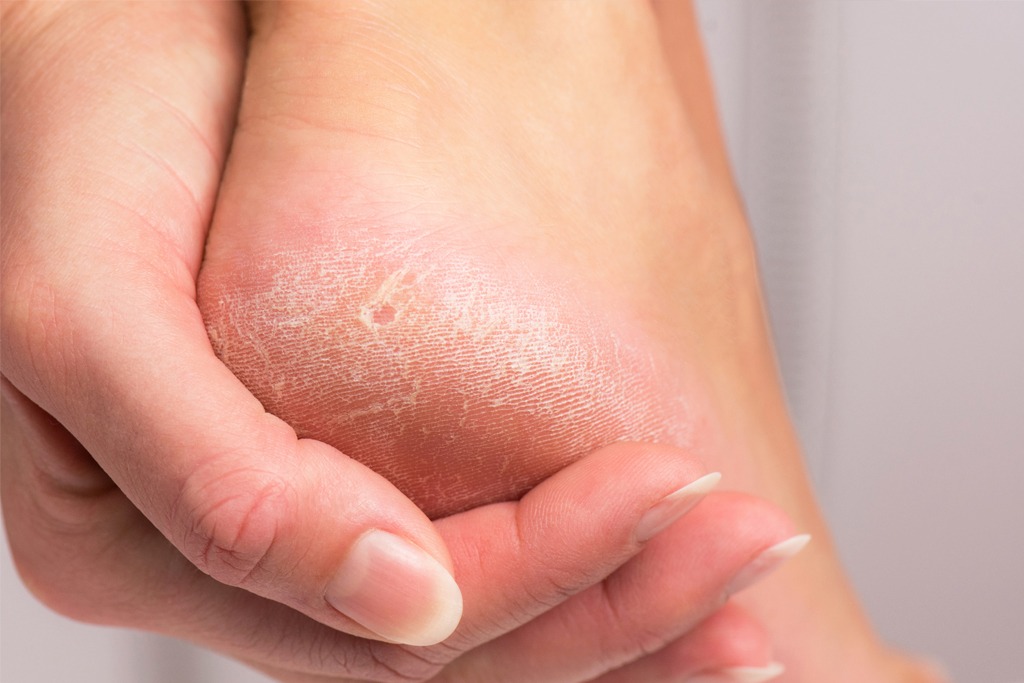
Skin Conditions
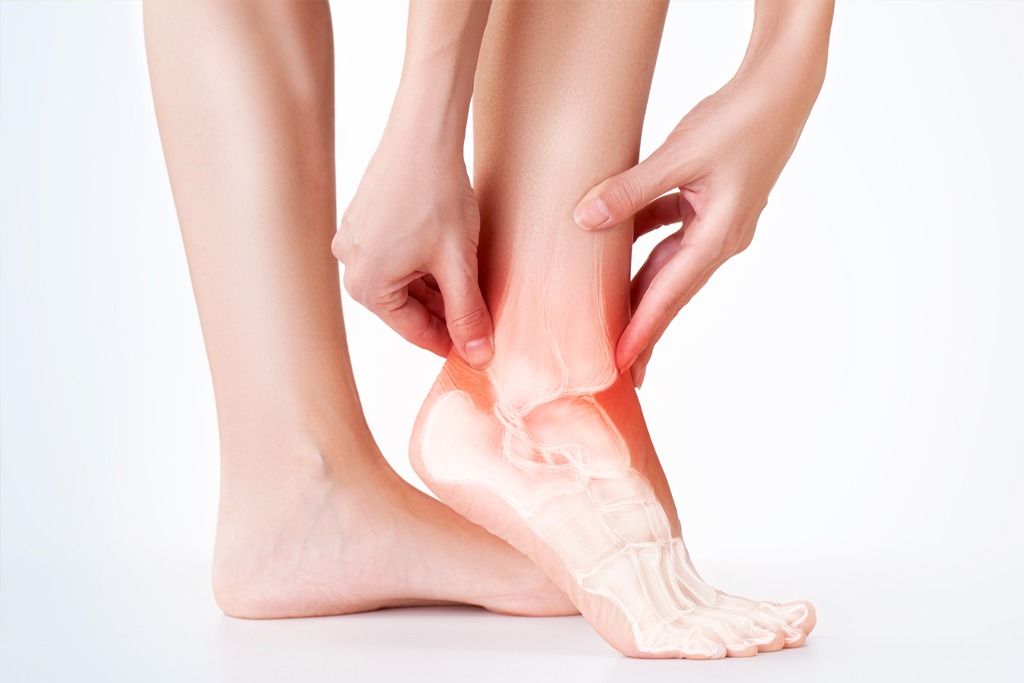
Ankle And Leg
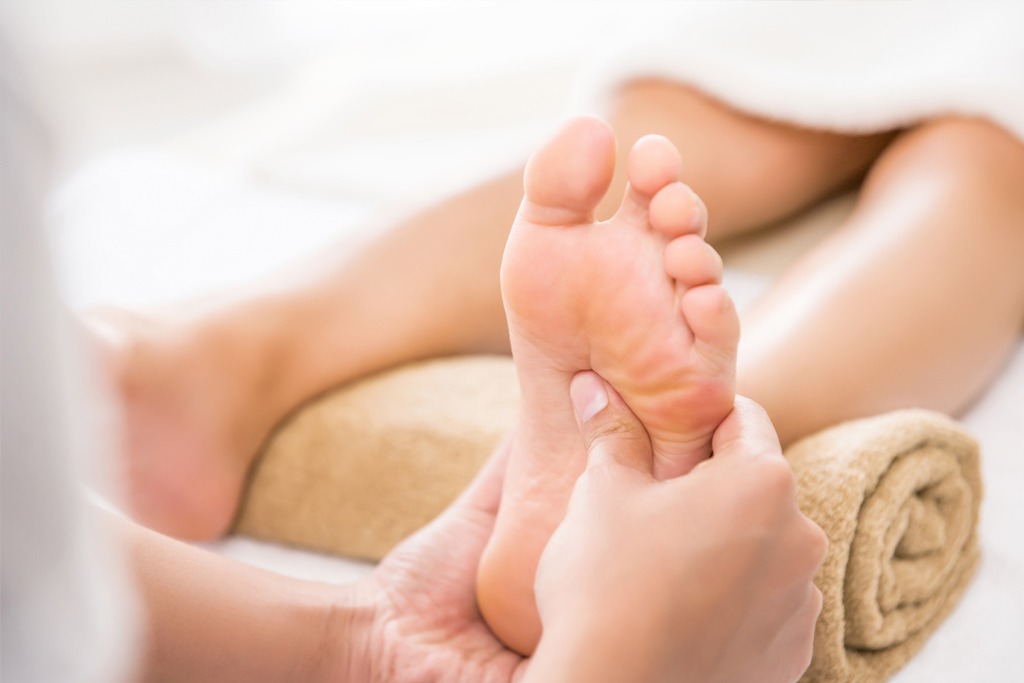
Arch Pain
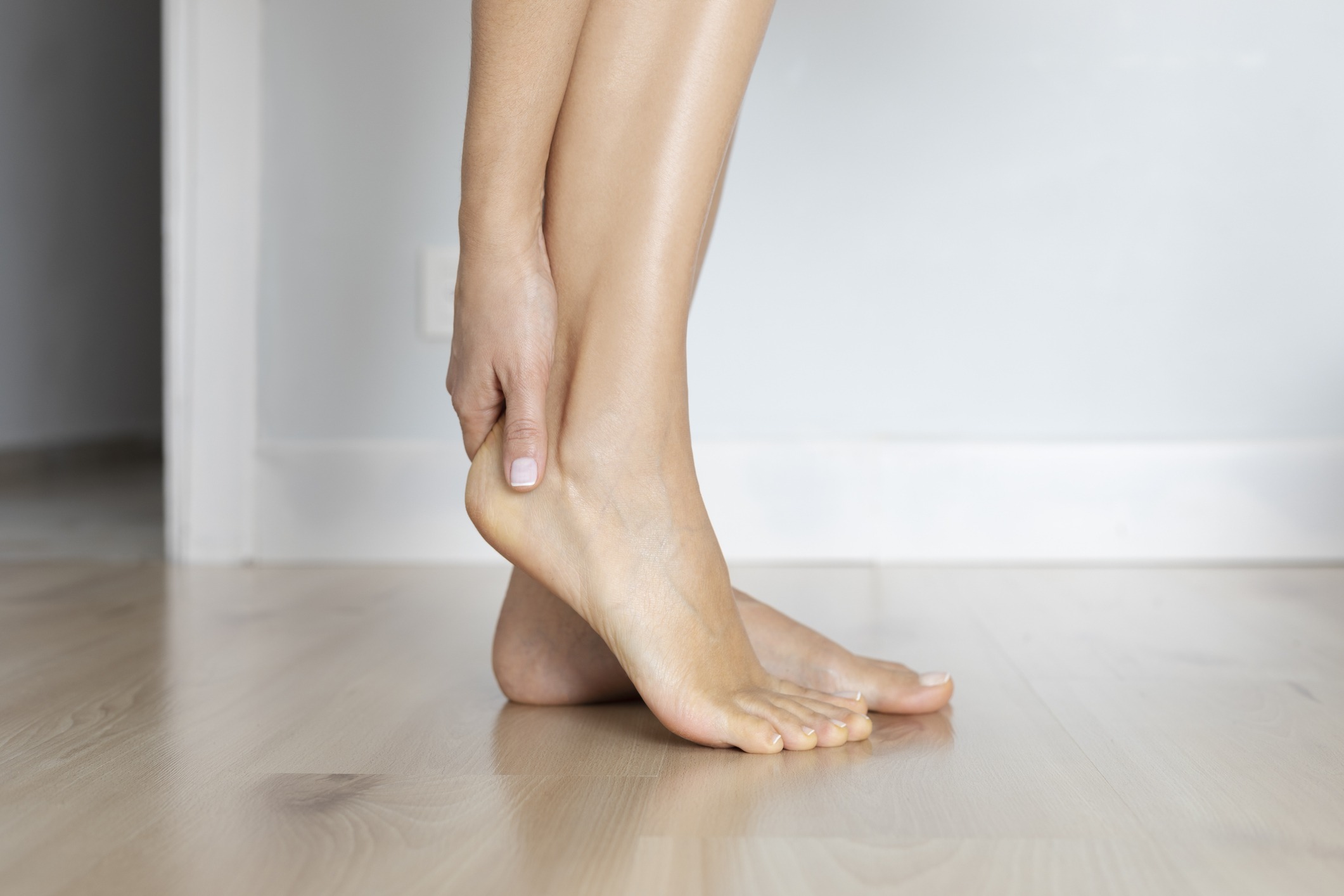
About
About


